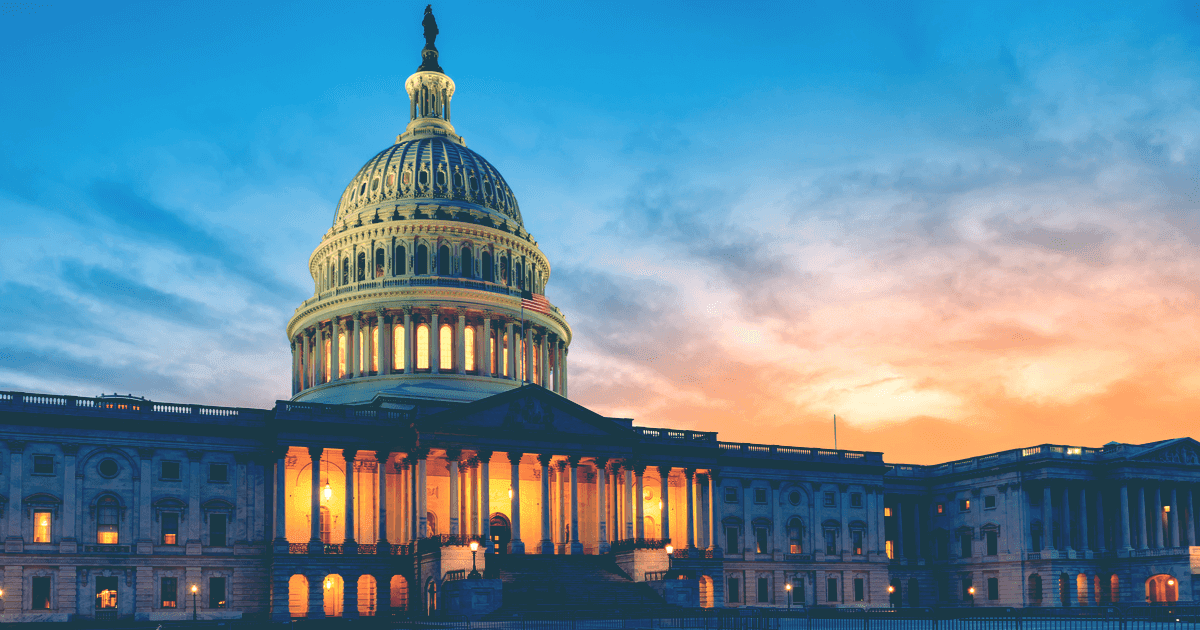👉🏻 The U.S. House of Representatives passed the Republican-led 21st Century Financial Innovation and Technology Act (FIT-21 Act) with 279 votes in favor and 136 votes against.
The 21st Century Financial Innovation and Technology Act (FIT21 Act) passed by the U.S. House of Representatives is of great significance to the regulation and consumer protection of digital assets. The bill aims to provide a clear regulatory framework and strong consumer protection measures for the U.S. digital asset ecosystem.

Main terms and impact
Regulatory Clarity: The FIT21 Act clarifies the division of responsibilities between the Commodity Futures Trading Commission (CFTC) and the Securities and Exchange Commission (SEC). The CFTC will regulate digital assets that are classified as commodities, while the SEC will regulate digital assets that are considered securities. This clear division is intended to eliminate the situation where innovation was previously hindered by regulatory uncertainty.
Consumer protection: The bill requires digital asset developers and institutions that serve customers to make detailed disclosures, including the operation, ownership, and structure of the project. In addition, the bill also stipulates measures to separate customer funds and requirements to reduce conflicts of interest to ensure consumer safety.
Market Oversight: By providing clear guidance for the registration and operation of digital asset exchanges, brokers, and dealers, the FIT21 Act aims to increase transparency and accountability in the market. This is expected to provide a safer environment for investors and consumers, thereby avoiding incidents like the FTX collapse.
Innovation and Leadership: The legislation aims to solidify the United States’ leadership in the global financial system and promote innovation in the digital financial sector by establishing a supportive regulatory environment. The bill hopes to establish the United States as a center for blockchain and digital asset innovation.
Industry reaction
Many cryptocurrency industry companies and advocacy groups welcomed the FIT21 bill, urging lawmakers to support it. They believe that regulatory clarity is essential for the development of the industry and ensuring consumer safety. Despite the potential new compliance challenges, the industry generally believes that the bill is a necessary step forward.
Future prospects
The bill now goes to the Senate, where its future is uncertain. While the bill has bipartisan support in the House, President Biden and SEC Chairman Gary Gensler have voiced opposition, concerned about its potential impact. The bill's progress will be closely watched as it could set an important precedent for future regulation of digital assets in the United States.
Overall, the FIT21 Act represents a comprehensive effort to bring regulatory clarity and consumer protections to the digital asset industry, which could reshape the U.S. digital finance landscape for many years to come.
🔶 In short, this law will allow U.S. government agencies to regulate the crypto industry based on laws, and their rights will be restricted, which is beneficial to the healthy development of the industry.
#美众议院通过FIT21法案 #5月市场关键事件 #BTC $BTC

